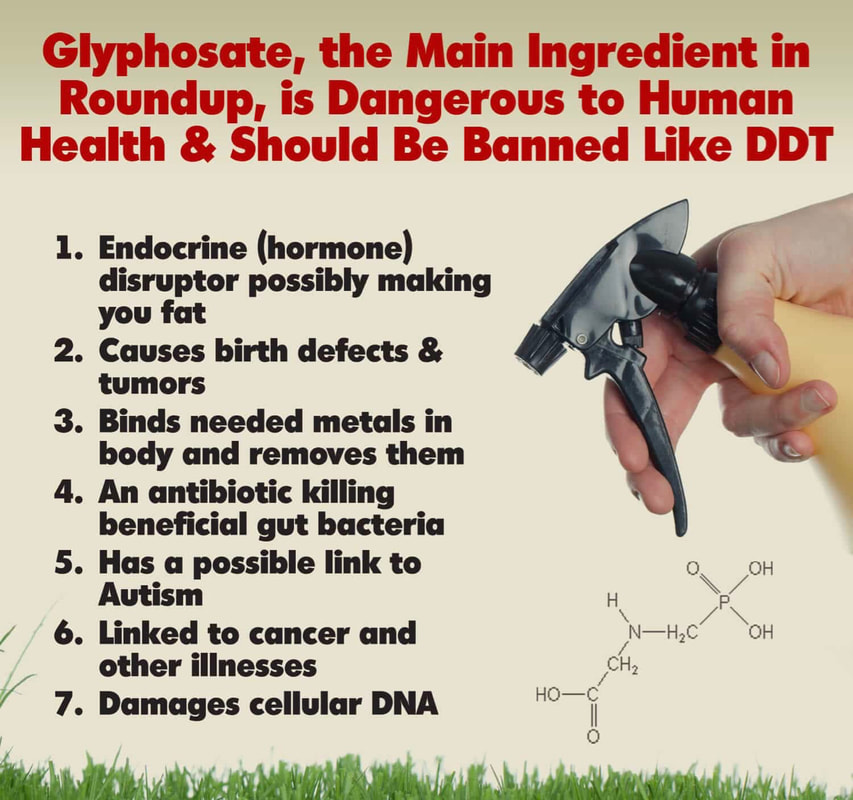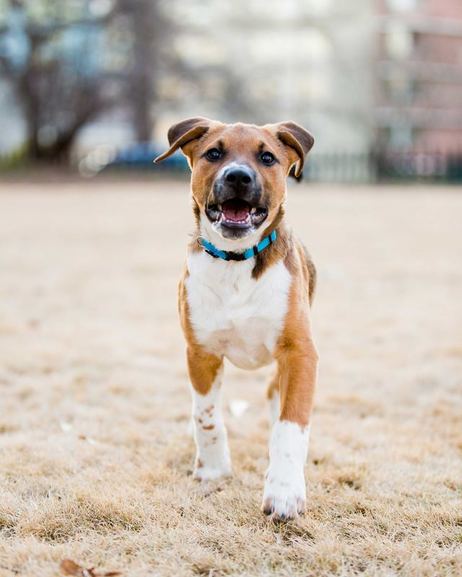A $5 Million Lawsuit Claims Rachael Ray's Dog Food Brand Contains TOXIC CHEMICAL GLYPHOSATE8/7/2018 A man from New York is suing Rachael Ray’s “natural” dog food brand, Nutrish, for allegedly containing the “potentially harmful” herbicide glyphosate. Independent lab tests allegedly show that the dog food contains the unnatural chemical glyphosate, a potent biocide and endocrine disruptor, with detrimental health effects that are still not fully known.
The problem actually runs deeper, which is that pet food and pet food labeling is poorly regulated to the point that pets have a completely separate standard of food called "feed grade" -- which essentially means inedible and not safe for human consumption. We looked at the actual FDA compliance policy with regard to pet "food" and have distilled it down for our readers so that you may be better informed and make informed decisions and about what you feed your pup. The best way to be proactive about the safety of the food your pet is consuming, is to feed "human food grade" pet products and/or "Certified Organic": Example #1: FDA Compliance Policy (675.400 Rendered Animal Feed Ingredients) the agency states: “No regulatory action will be considered for animal feed ingredients resulting from the ordinary rendering process of industry, including those using animals which have died otherwise than by slaughter, provided they are not otherwise in violation of the law.” - In other words, anything classified as "animal feed" i.e., pet food, is not regulated by the FDA and may be sourced from dead, dying, diseased or disabled animals. The deceased animal may have been euthanized thereby containing high levels of toxic euthanasia drugs in their system, for instance. For more (shocking) information about animal feed rendering plants read this. Example #2: FDA Compliance Policy (690.300 Canned Pet Food) says: “Pet food consisting of material from diseased animals or animals which have died otherwise than by slaughter, which is in violation of 402(a)(5) will not ordinarily be actionable, if it is not otherwise in violation of the law. It will be considered fit for animal consumption.” Example #3: FDA’s Compliance Policy (675.100 Diversion of Contaminated Food for Animal Use) which states: “FDA does not object to the diversion to animal feed of human food adulterated with rodent, roach, or bird excreta.” Example #4: FDA Compliance Policy (675.200 Diversion of Adulterated Food to Acceptable Animal Feed Use) states: “The Center will consider the requests for diversion of food considered adulterated for human use in all situations where the diverted food will be acceptable for its intended animal food use. Such situations may include: a. Pesticide contamination in excess of the permitted tolerance or action level. b. Pesticide contamination where the pesticide involved is unapproved for use on a food or feed commodity. c. Contamination by industrial chemicals. d. Contamination by natural toxicants. e. Contamination by filth. f. Microbiological contamination. g. Over tolerance or unpermitted drug residues.” In a nutshell, it is legal until the FDA says otherwise, for "pet feed grade" products (the majority of pet food on the market), to contain food sourced from dead, dying, diseased or disabled animals or ingredients otherwise contaminated with industrial chemicals, drug residues, toxicants, pesticides, excreta from rodents, insects or other animals. With some due diligence, it's possible to locate trusted and integrity driven pet food, supplement and treat brands. Call or email their customer service department before purchasing and ask whether they test their products for pesticides, toxins and pathogens prior to bringing to market and whether they source their proteins from diseased animals or from animals which have died otherwise than by slaughter. - Contributing Editor M.G.
0 Comments
"How do I get my dog to stop eating poop" - a highly googled question if you're a dog owner. Well, take a moment to get the scoop on poop in the following article:
16 Reasons Why Dogs Eat Poop and What to Do About it |
categoriesArchives
September 2018
|




 RSS Feed
RSS Feed



